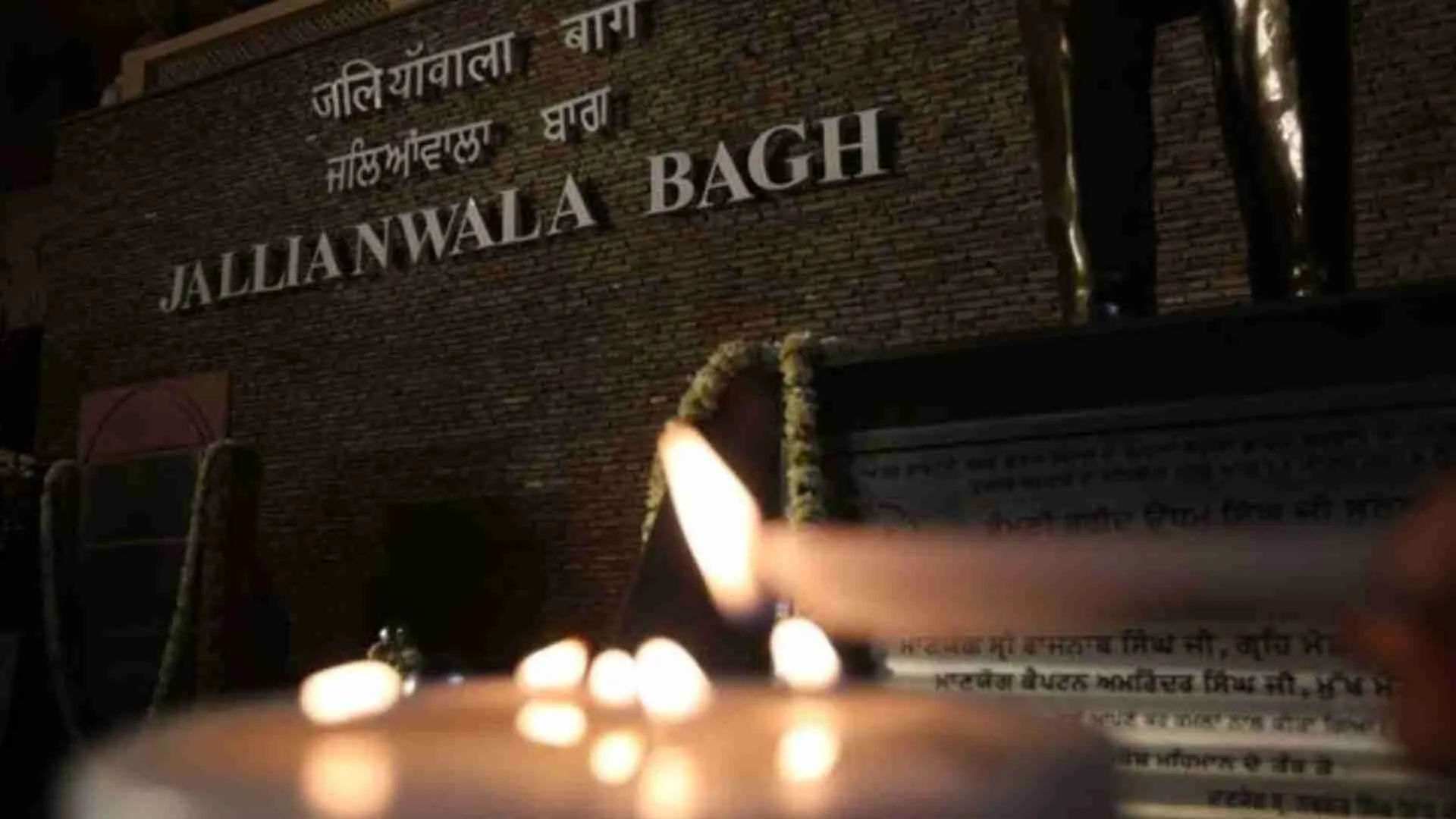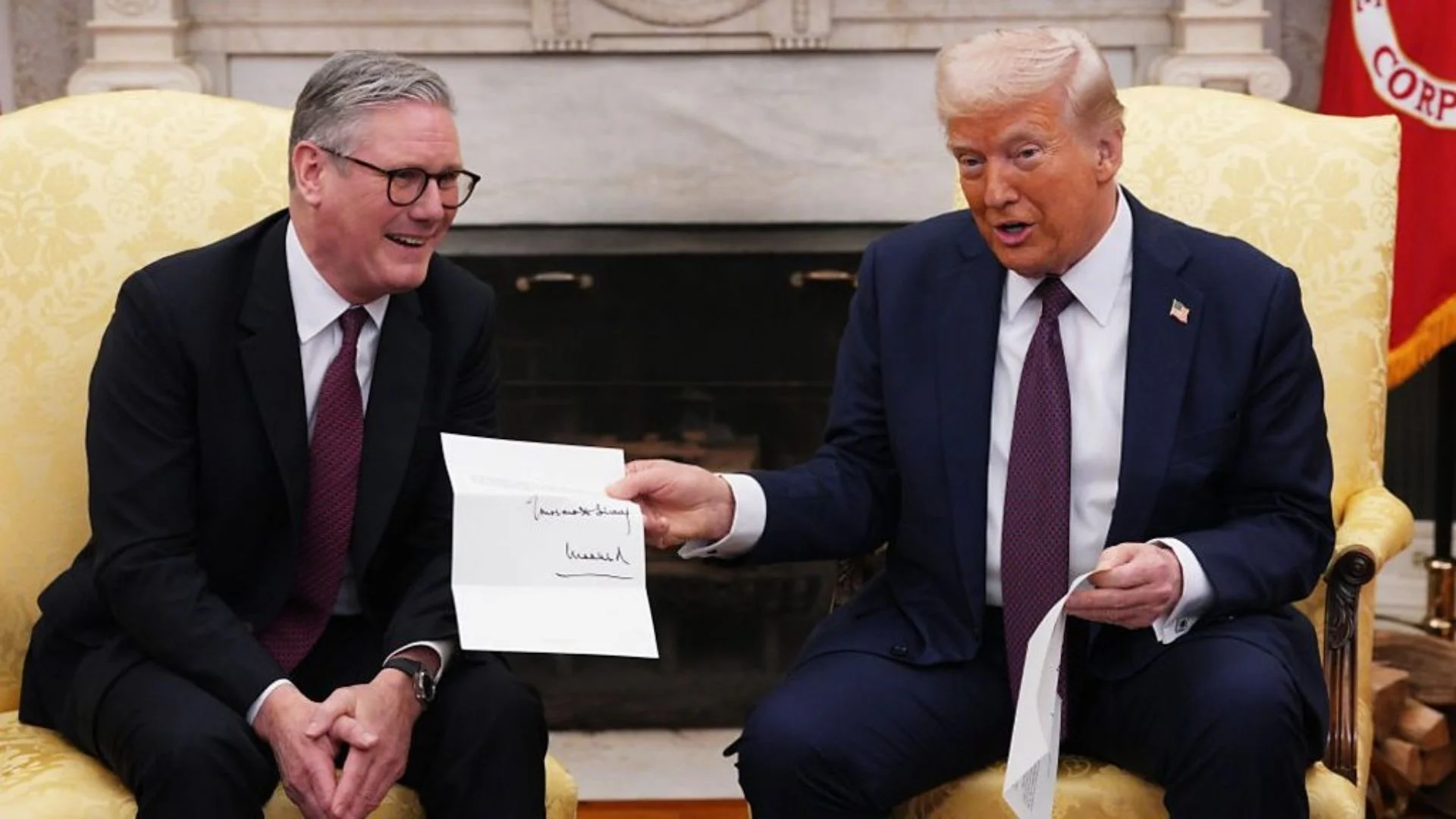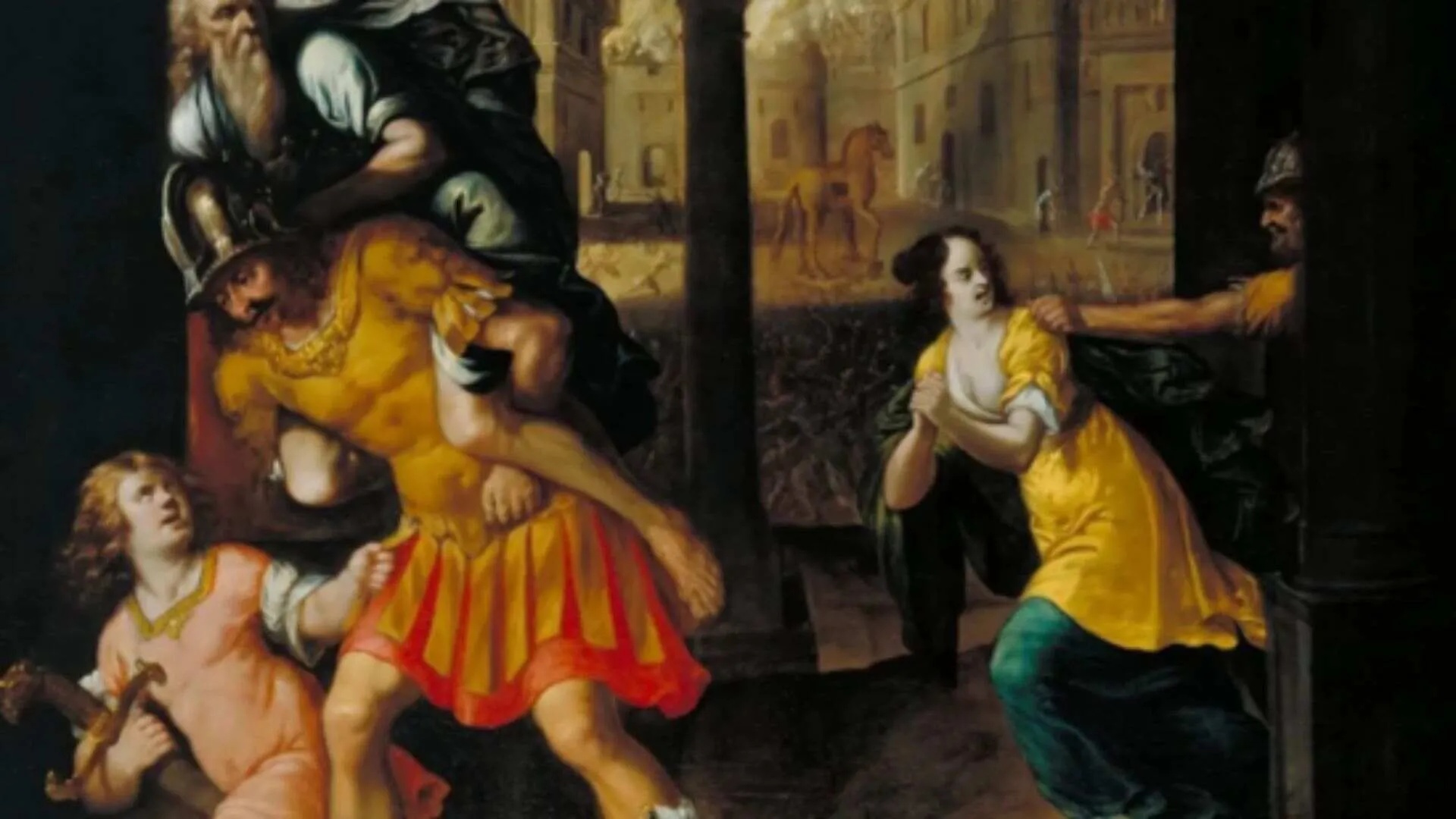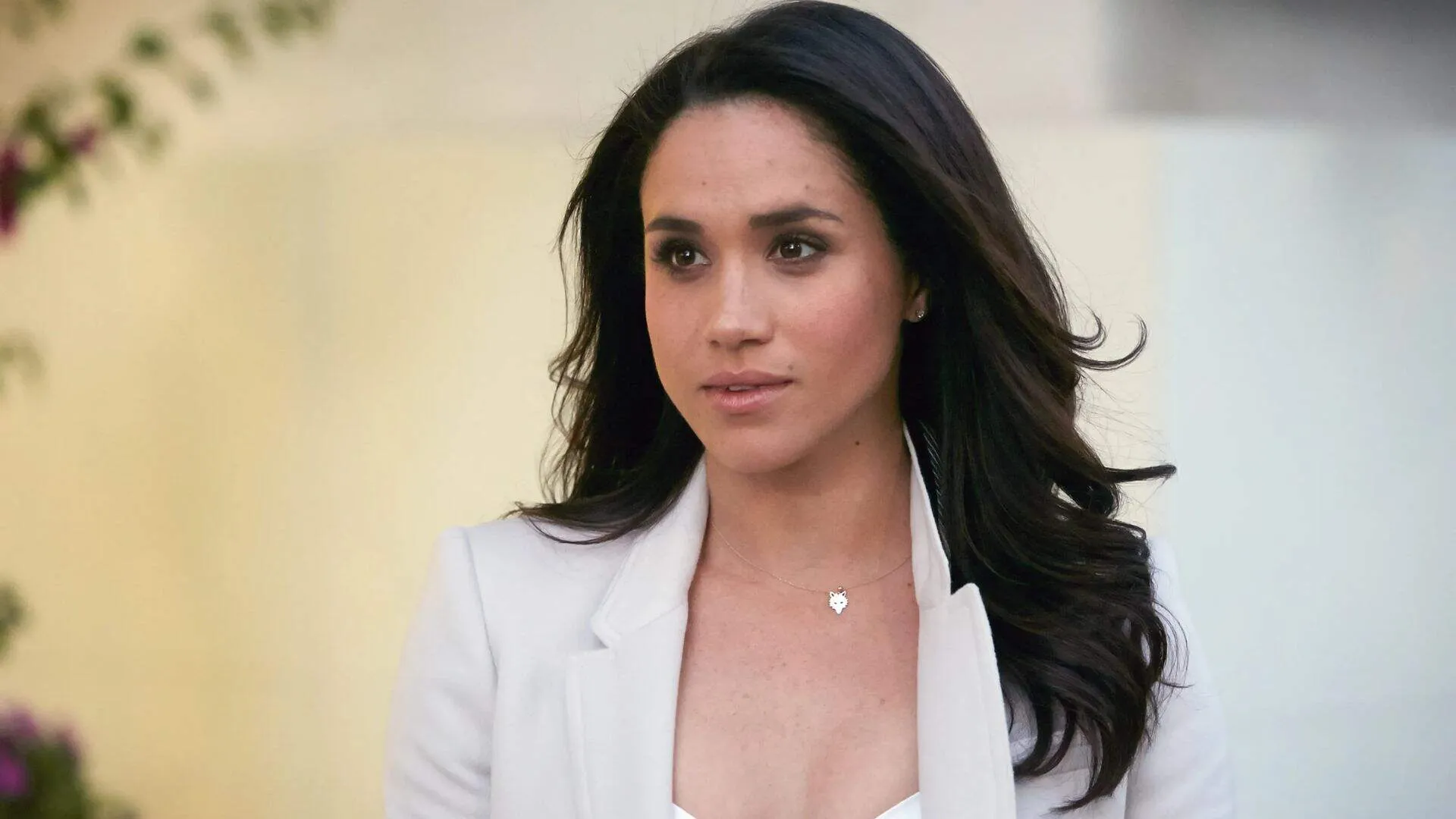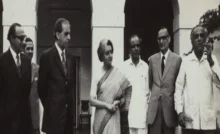British lawmaker Bob Blackman has called on the UK government to issue a formal apology for the 1919 Jallianwala Bagh massacre. Speaking in the House of Commons, he described the incident as a “stain on the British Empire” and insisted that Britain take responsibility for its past actions.
A Peaceful Gathering Turns Into a Tragedy
On April 13, 1919, thousands of unarmed civilians, including women and children, gathered at Jallianwala Bagh in Amritsar, Punjab. Many were there to celebrate Baisakhi, while others peacefully protested against the Rowlatt Act, which allowed the British to detain Indians without trial.
However, without warning, General Reginald Dyer and his troops marched into the enclosed ground. Shockingly, Dyer ordered his soldiers to open fire on the crowd. They continued shooting until they ran out of ammunition, leaving hundreds dead and many more injured.
A Call for Formal Acknowledgment
Blackman highlighted the devastating impact of the massacre. “At the end of that massacre, 1,500 people were dead and 1,200 injured. Eventually, General Dyer was disgraced for this stain on the British Empire,” he stated. He then urged the UK government to officially recognize the injustice and apologize to India.
Britain’s Previous Response
Although the massacre remains a dark chapter in British-Indian history, no UK government has ever formally apologized. In 2019, then-Prime Minister Theresa May expressed “deep regret” and called it a “shameful scar on British Indian history.” However, she stopped short of issuing an apology.
Will the UK Finally Apologize?
Blackman’s statement has reignited calls for accountability. Many believe that an official apology would be a crucial step toward acknowledging historical wrongs and strengthening UK-India relations. Now, all eyes are on the UK government’s response to this renewed demand for justice.


